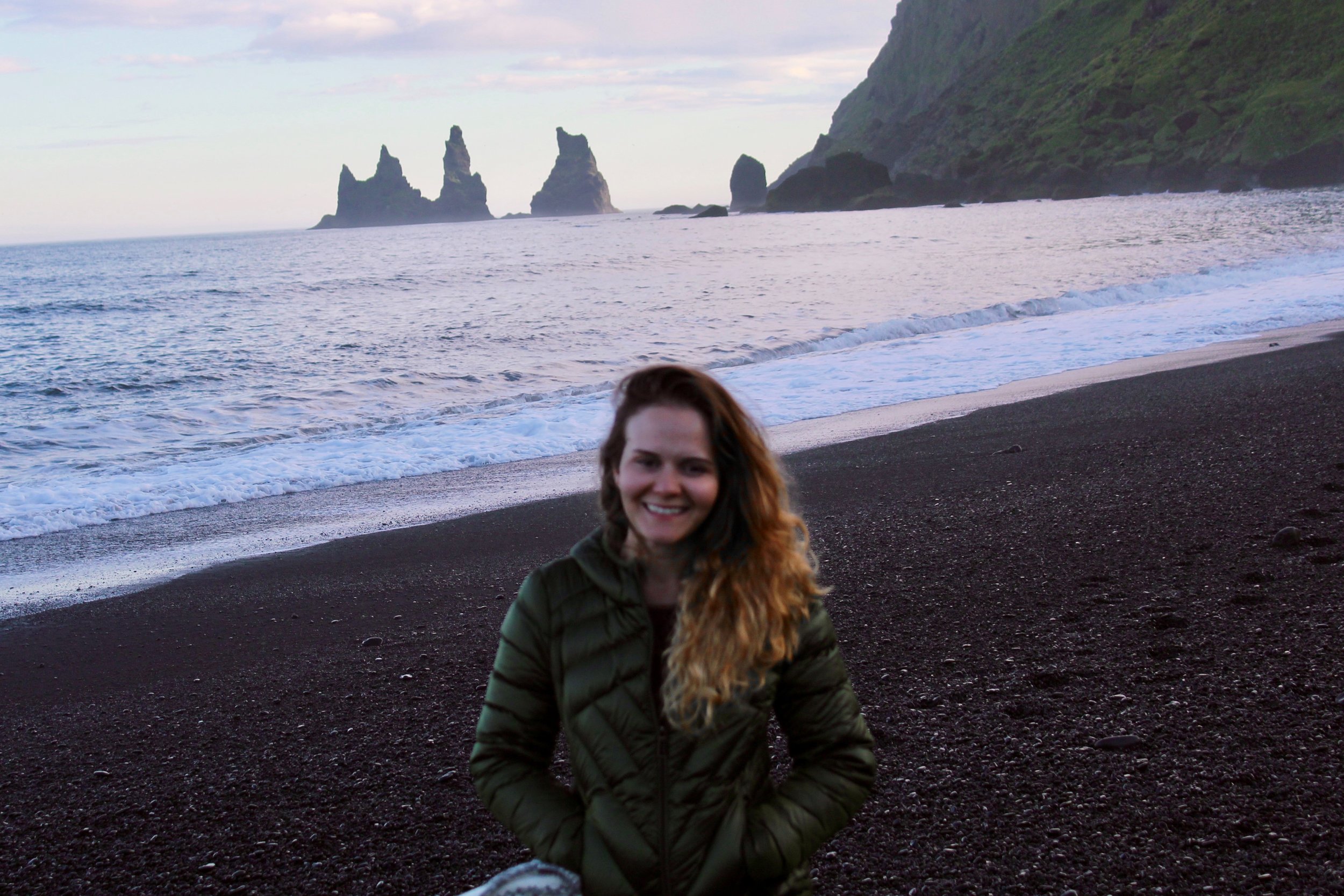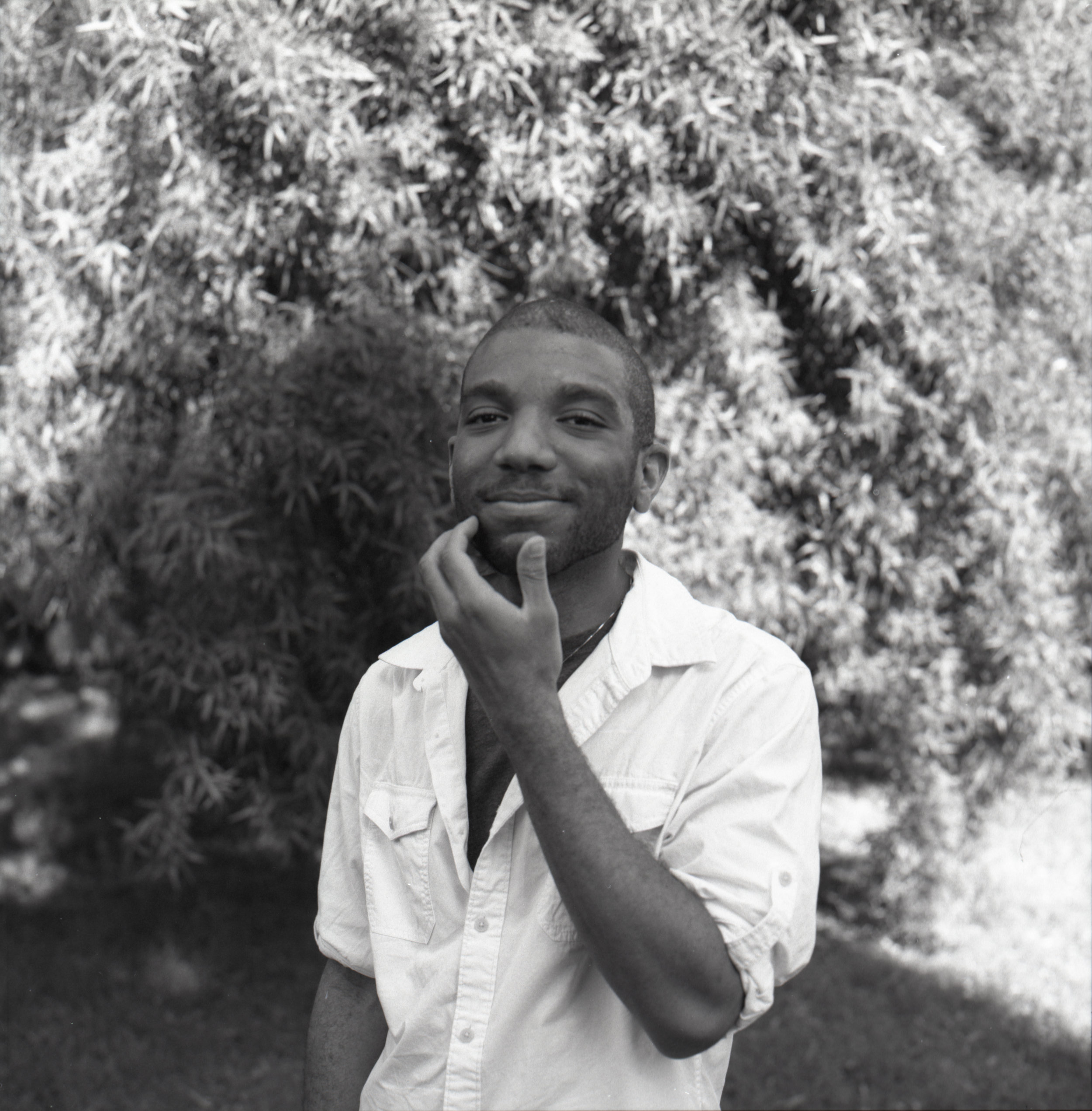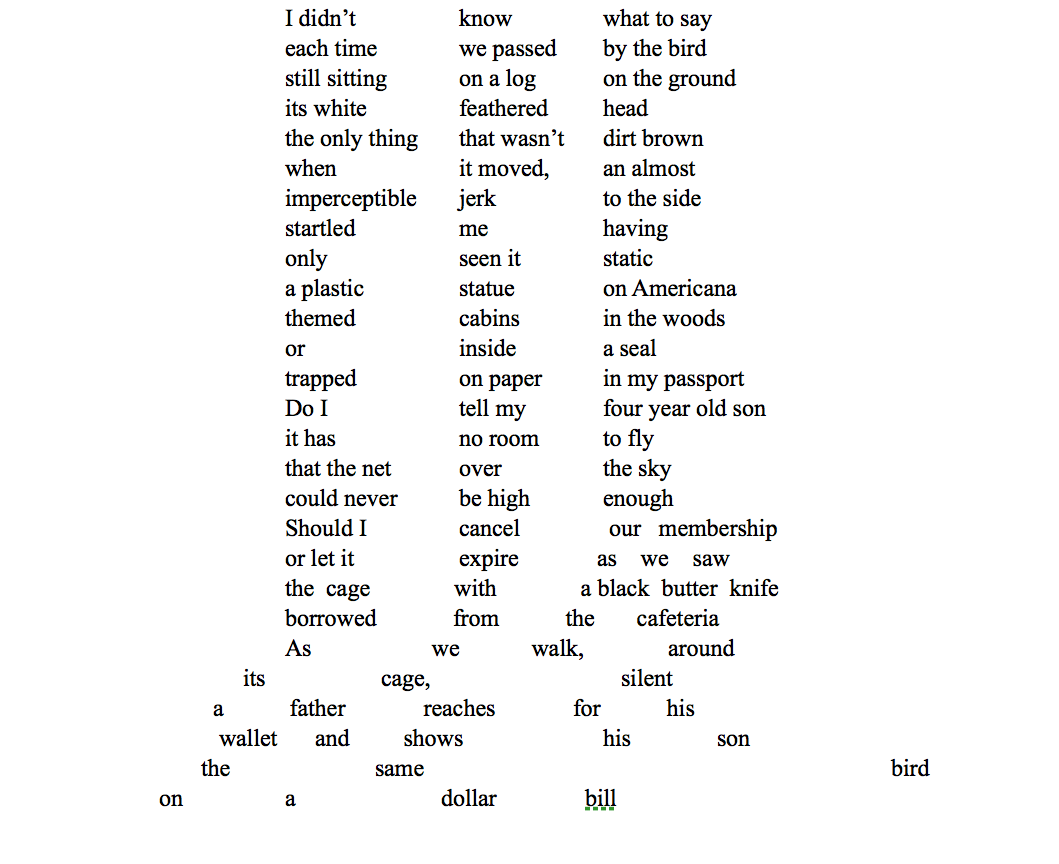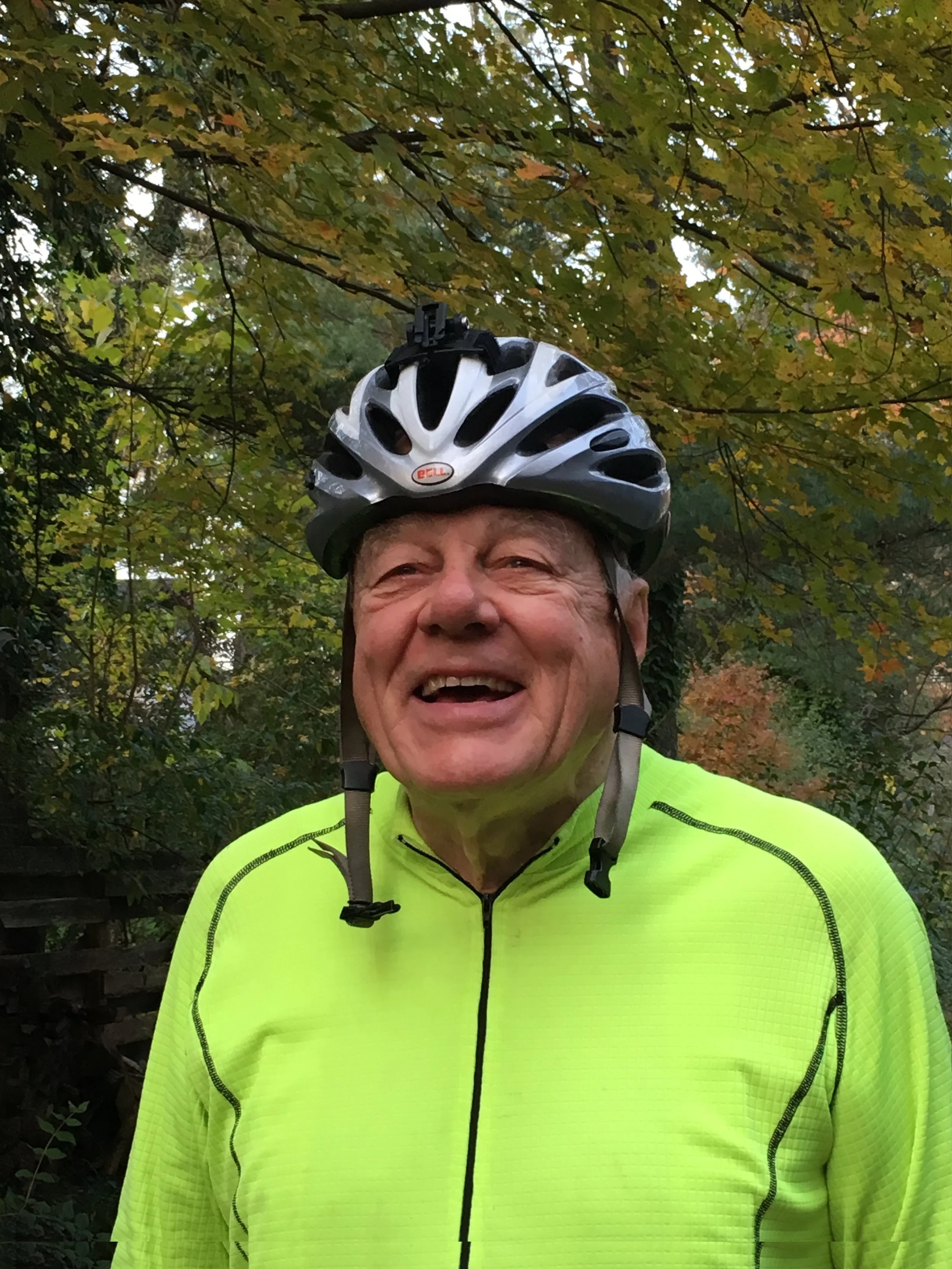The first time I cut myself shaving,
I did not know until the thin river of blood
streamed down my shin.
Still, it happens the same way each time:
the disbelief that so much blood
could spring from so little a wound.
Emily Jalloul is a Lebanese-American poet who graduated with her MFA from Florida International University. Her previous work has been published or is forthcoming in Pittsburgh Poetry Review, Gravel, Juked, Origins, The FEM, as well as others. She lives in Miami, Florida.


















